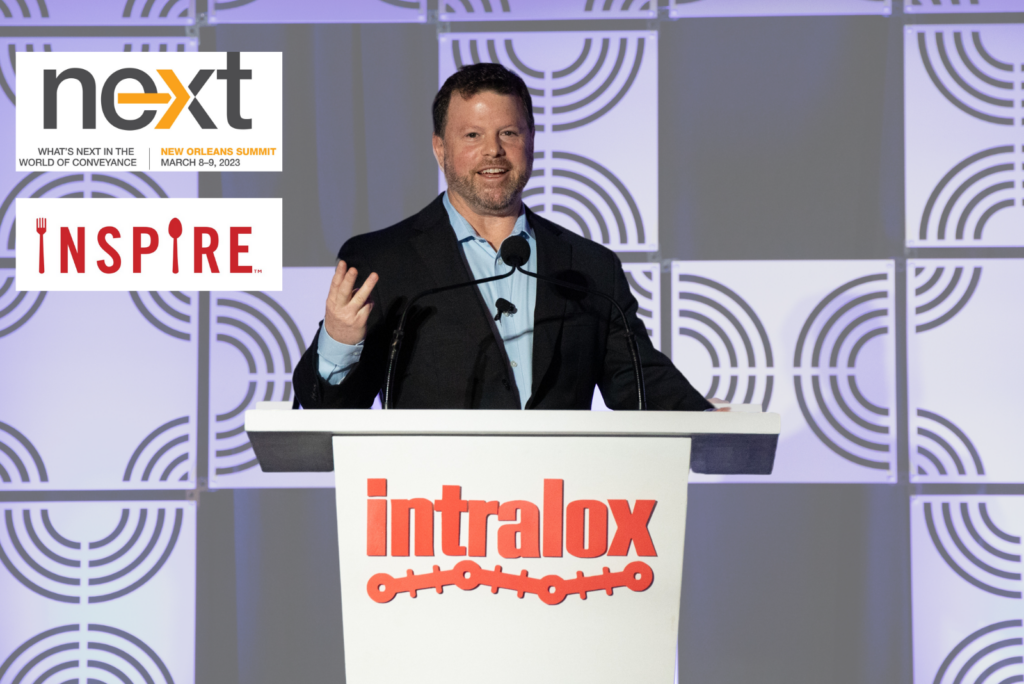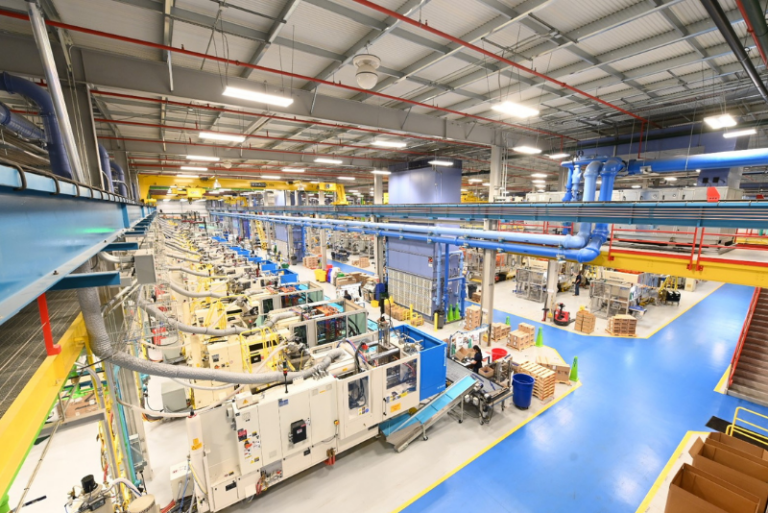NEW ORLEANS — Inspire Brands may be a new company, but it’s made up of several mature brands: Arby’s, Baskin Robbins, Buffalo Wild Wings, Dunkin’, Jimmy John’s and Sonic. That’s a combination for opportunity when it comes to equipment innovation.
During the Intralox NEXT conference, which took place March 8-9 in New Orleans, Chris Polito, director of supply food safety for Inspire, spoke to attendees about the importance of hygienic design and offered a unique insight into how to have the right mindset.
While these mature brands have historically operated independently from one another, under the Inspire leadership, they have been shifting how they operate, moving away from silos to integrating operations for a more streamlined processes across brands and outlets.
With a shared service model, the brand integrated food safety and quality into one entity under Inspire in 2020. That posed a specific challenge for Polito and his team.










